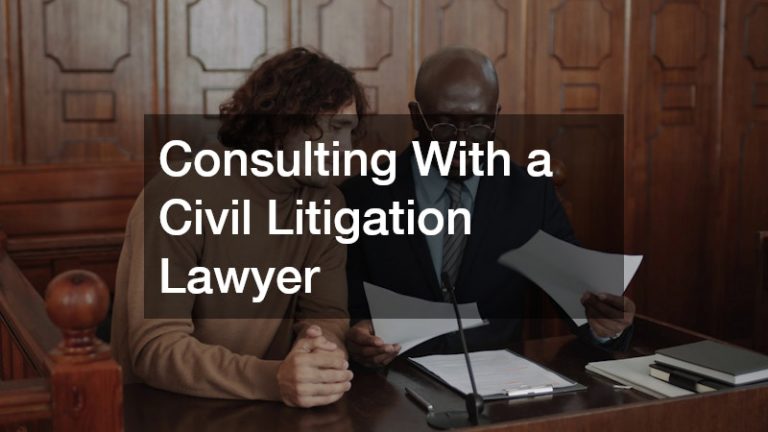
Filing for bankruptcy is something no one wants to do, but it’s often the only option so you can stop garnishments and get out of trouble. Sometimes, life doesn’t go according to plan, and you might have lost a business venture or you could’ve been careless with your finances. Now, you’re stuck with loans or mounting debts and have no way to pay them. You probably also wonder, will filing bankruptcy ruin my life? The answers are right below.
You’ll probably need to file for self employed bankruptcy in this case, so your situation doesn’t get worse. It’s the only way to stop collectors from hounding or even suing you. It’ll help you establish a more reasonable payment plan, so you don’t feel like you’re drowning all the time. However, you should know certain things about this process before moving forward.
Will bankruptcy ruin my life? No, you might have a bad credit record, but that was already inevitable due to your debt. Do you go to court for bankruptcy? Yes. You’ll have to go to at least one meeting for a hearing known as a “meeting of creditors,” and it usually happens about a month after filing. Let’s find out more about this process, so you can make a decision.

If you have found yourself in intractable financial difficulties, bankruptcy attorneys may be able to help you to get out of them. Bankruptcy is not a cure all for financial difficulties, but if you are no longer able to pay off your debts as they become due, it may be time to get rid of many of them by filing for bankruptcy.
Bankruptcy can take on many different forms, depending on your personal financial and business situations. Chapter 7 and Chapter 13 bankruptcy are the two kinds of personal, individual bankruptcy filings. Each has different ins and outs and pros and cons. Chapter 7 bankruptcy, for instance, is referred to as “liquidation”. Chapter 7 requires you to turn over many of your assets to the court so that they can be sold to satisfy as much of your debts as possible. However, this is not as drastic as it may sound. Some of your assets are protected from liquidation so that you will not be rendered destitute by having to file for bankruptcy. Chapter 13 will not require so extensive a liquidation of your possessions, but it will come with other trade offs for this. To illustrate this, only 16% of filings in Michigan were Chapter 13 filings.
Bankruptcy is not for everyone. Thankfully, bankruptcy filings have been going down; by nearly 200,000 filings between 2010 and 2011 alone. However, this is not necessarily a signal that the economy is in better shape. In part, it signifies that people are realizing that filing for bankruptcy will not cure all of a person’s financial problems right away and that using the process comes with some consequences. However, if you just cannot stay on top of your finances anymore, it does offer a way out so that you can begin to restart your life and get back on your financial feet. Chapter 7 bankruptcy is just one way of doing this. Read more about this topic at this link.



